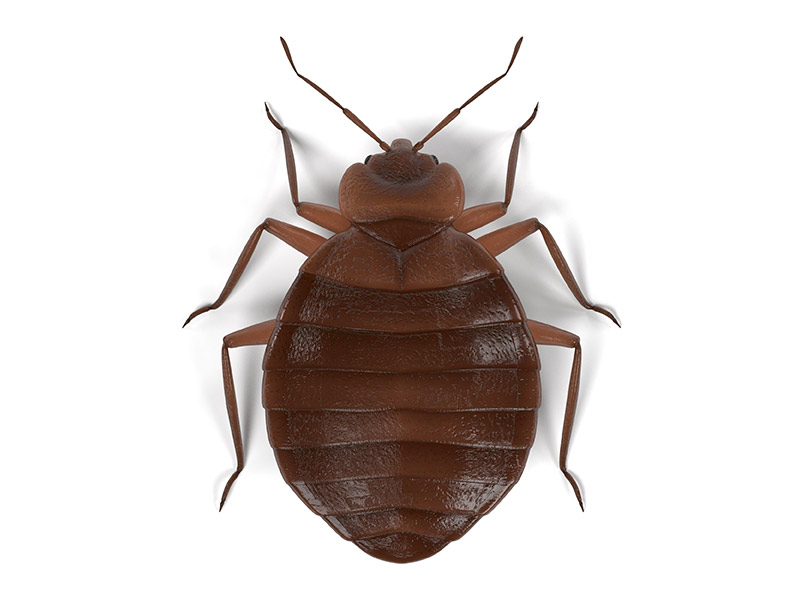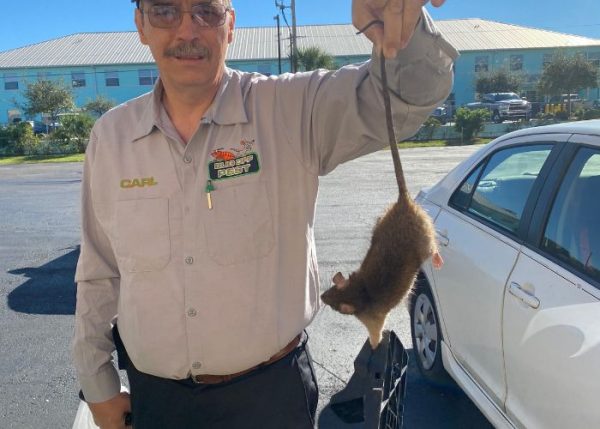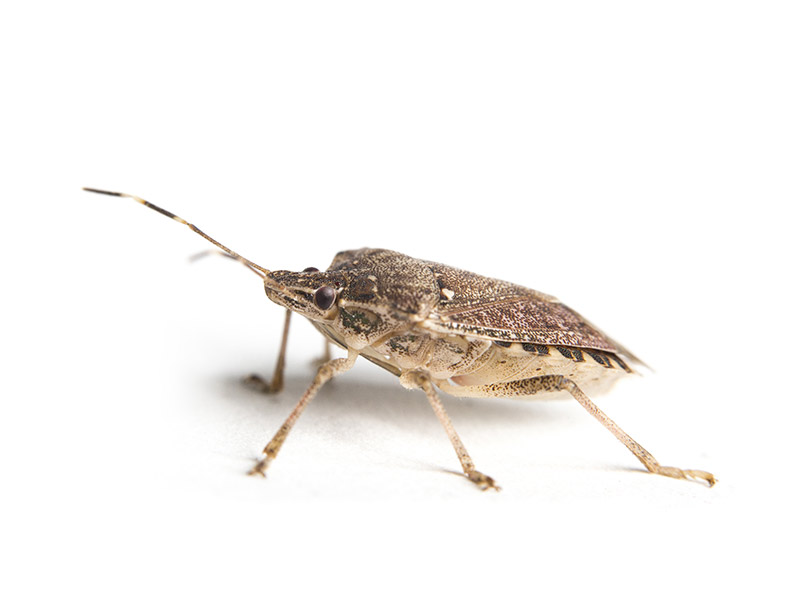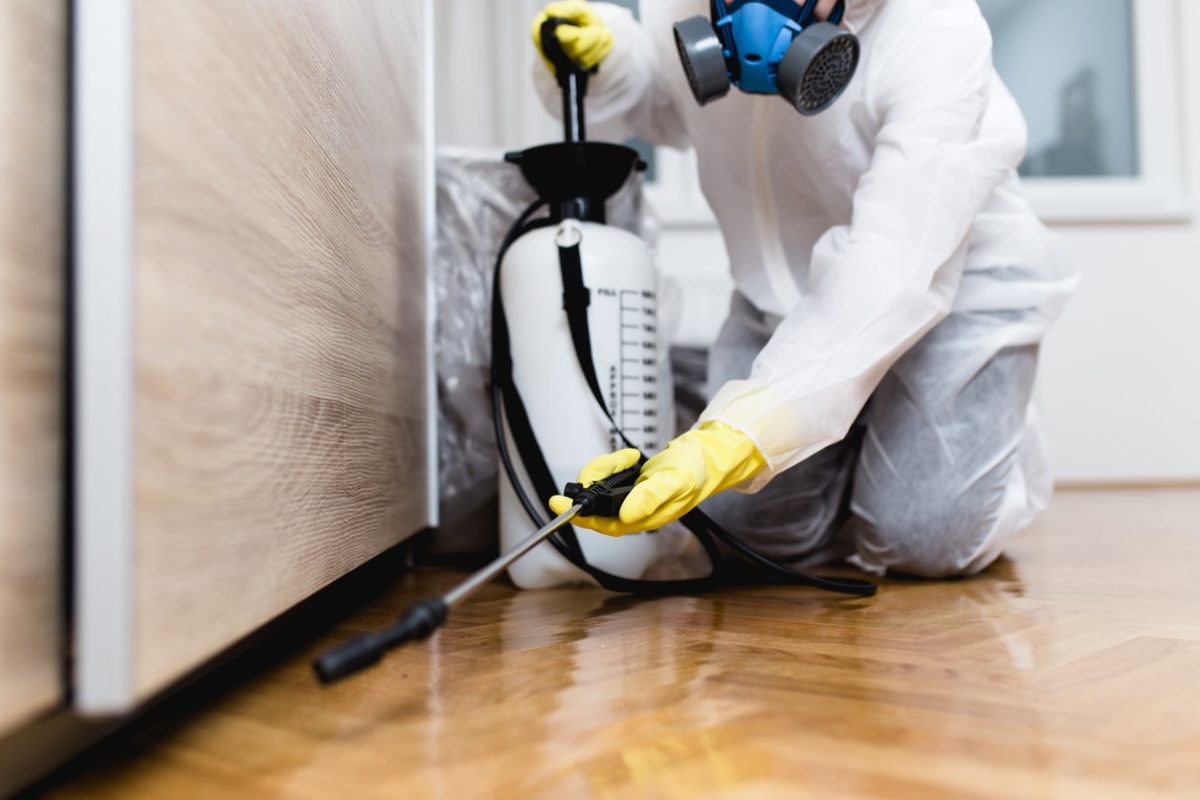Get rid of pests with professional Pest Control in Port Charlotte now.
Get rid of pests with professional Pest Control in Port Charlotte now.
Blog Article
Discovering Ingenious Strategies and Products for Efficient Parasite Control
The landscape of bug control is advancing, noted by the development of innovative methods and products designed to boost effectiveness and sustainability. From wise catches furnished with advanced surveillance systems to organic approaches that use all-natural killers, these advancements provide a paradigm change in just how we approach pest management.
Smart Traps and Checking Solutions
Exactly how can modern technology enhance pest monitoring? One significant development is the advancement of wise catches and checking systems, which give real-time information and analytics for effective pest control. These systems use sensing units and cordless innovation to discover insect task, signaling property supervisors and pest control specialists to invasions prior to they intensify.
Smart traps are geared up with features such as lure stations that bring in insects and capture them efficiently. These traps can be checked from another location, allowing for timely interventions and minimizing the need for substantial chemical applications. The integration of maker learning formulas makes it possible for these systems to set apart in between target insects and non-target species, enhancing the accuracy of pest control measures.
Additionally, the information gathered from wise traps can be examined to determine patterns in insect actions and ecological aspects adding to invasions (Pest Control in Port Charlotte). This info is vital for establishing targeted bug monitoring strategies tailored to certain environments. By embracing wise traps and keeping an eye on systems, insect control professionals can improve their operational performance and reduce the environmental impact of parasite administration, inevitably resulting in more secure and a lot more lasting practices in the market
Biological Bug Control Methods
Utilizing natural killers and bloodsuckers, organic bug control methods provide an eco-friendly option to chemical therapies. This strategy entails the intro or improvement of specific microorganisms that can naturally regulate pest populations, thus lowering dependence on synthetic chemicals. Usual instances include making use of ladybugs to regulate aphid invasions and parasitic wasps to target caterpillars.

Organic control can be classified into three primary approaches: classical, augmentative, and conservation. Classical biological control involves importing all-natural enemies from the parasite's indigenous environment, while augmentative control includes boosting the populace of existing natural adversaries via releases. Conservation approaches concentrate on creating conditions that support these valuable microorganisms in the environment.
The efficiency of biological insect control depends upon understanding the intricate communications within environments. It usually needs a comprehensive analysis of pest characteristics and the life cycles of both the parasites and their natural adversaries. While organic techniques may not offer immediate outcomes like chemical alternatives, they add to lasting bug administration and environment health and wellness. As recognition of environmental issues expands, organic parasite control techniques are increasingly identified for their sustainable role in integrated pest monitoring programs.
Eco-Friendly Chemical Alternatives
Eco-friendly chemical alternatives supply a sensible service for bug administration that lessens environmental impact while efficiently controlling pest populaces. These alternatives are acquired from all-natural resources and are thoroughly created to target certain bugs without harming useful microorganisms, making them an essential component of sustainable bug control methods.
Amongst the most reliable environmentally friendly alternatives are plant-based pesticides, such as neem oil and pyrethrin, which are originated from the seeds and flowers of different plants. These compounds interfere with the life cycles of insects, lowering their populations without the toxic impacts related to conventional pesticides - Pest Control in Port Charlotte. Furthermore, essential oils like peppermint and clove oil display repellent his response homes, additionally improving their utility in insect monitoring

Furthermore, green chemical choices often damage down much more rapidly in the setting, minimizing the threat of soil and water contamination. This particular aligns with the raising consumer need for sustainable methods in farming and city pest control. As research study proceeds to breakthrough, the advancement of innovative eco-friendly formulas will certainly even more improve efficacy and expand application locations, allowing pest management professionals to adopt greener, more accountable approaches in their practices while securing human wellness and the environment.
Pheromone Disturbance Methods
Another ingenious approach in lasting bug monitoring is making use of scent disruption methods. These approaches exploit the natural chemical signals, or pheromones, that pests use for communication, specifically in breeding actions. By interfering with these signals, pest populations can be successfully handled without considering hazardous chemicals.
Scent catches are typically employed in this approach. Over time, this can lead to a significant decline in pest populations.

Integrated Parasite Monitoring Techniques
Reliable parasite control frequently requires an extensive method, and Integrated Pest Monitoring (IPM) techniques give a structure for attaining this goal. IPM integrates different monitoring practices to minimize pest populations while lowering reliance on chemical pesticides. This diverse method begins with extensive monitoring and identification of insects, enabling targeted interventions based on specific parasite pressures.
Cultural practices, such as crop rotation blog and sanitation, play an important duty in avoiding insect facility. Organic controls, including all-natural killers and parasitoids, are utilized to preserve bug populations at convenient levels. When essential, selective chemical therapies are applied, emphasizing reduced poisoning to non-target varieties and the atmosphere.
Additionally, education and learning and outreach are important parts of IPM, promoting recognition among stakeholders regarding lasting practices and pest life process. The adaptability of IPM permits experts to respond properly to altering parasite characteristics and ecological conditions. By utilizing this all natural method, IPM not just boosts bug control effectiveness but additionally contributes to long-term environmental equilibrium. Ultimately, Integrated Parasite Monitoring stands for a forward-thinking option that straightens farming efficiency with ecological stewardship, making it vital in contemporary insect control techniques.

Conclusion
Finally, the integration of cutting-edge techniques and items for efficient insect control represents a considerable innovation in sustainable parasite management. Smart traps and keeping track of systems, biological insect control techniques, environmentally friendly chemical options, special info and scent disturbance strategies jointly enhance the effectiveness of pest management techniques. By taking on these techniques, the reliance on traditional chemicals can be minimized, advertising environmental health while making certain efficient insect control. Continued research study and advancement in these locations will additionally enhance pest monitoring methods.
Report this page